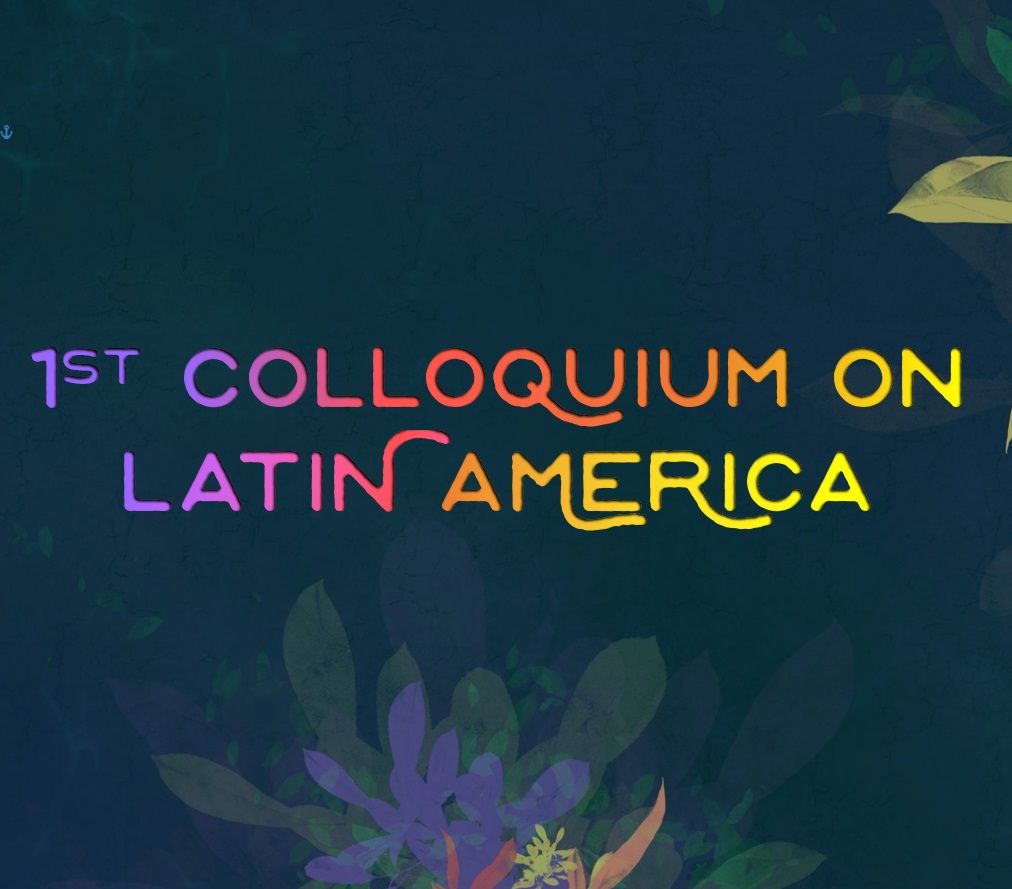News
"Cosmopolitical battles for good health in the Andes: epidemics, colonialism, and indigenous resistance in the 16th century" - Lecture of Manuel Benza Llatas (University of Bayreuth)
17 May 2023, 5.p.m., Iwalewahaus

We are pleased to invite you to the First Colloquium on Latin America at the University of Bayreuth, which will take place on Wednesdays from 5 p.m. - 7 p.m. in the Iwalewahaus, Wölfelstraße 2.
This research attempts to describe the role of epidemics in the Spanish Conquista of the Americas during the 16th century, especially in the South American Andes once ruled by the Tawantinsuyu or Empire of the Incas. The objective of this study is to conduct an analysis of the ways in which Andean people interpreted the presence of diseases as a consequence of Christianity and the campaigns to extirpate idolatries, and consequently, how they organized resistance and elaborated discourses based on their own cosmovision and epistemics. In these discourses, the guacas, non-human beings of the territory, emerged as the main political actors that led the resistance against colonizers and the Christian God. Their agency and intentionality were interpreted by the leaders of the Taki Onqoy Movement and transmitted to the Andean people. Then, our research focuses on two non-human agents: microorganisms like the virus of smallpox (studied mostly by the history of medicine and science) and the guacas (studied mostly by religious studies or ethnohistory). The analysis seeks to elaborate a hybrid framework that tries to go beyond the modern division of culture and nature, proposing a perspective that considers the emergence of indigenous cosmopolitics, recognizing the heterogeneity and multiplicity of the historical and the political.
